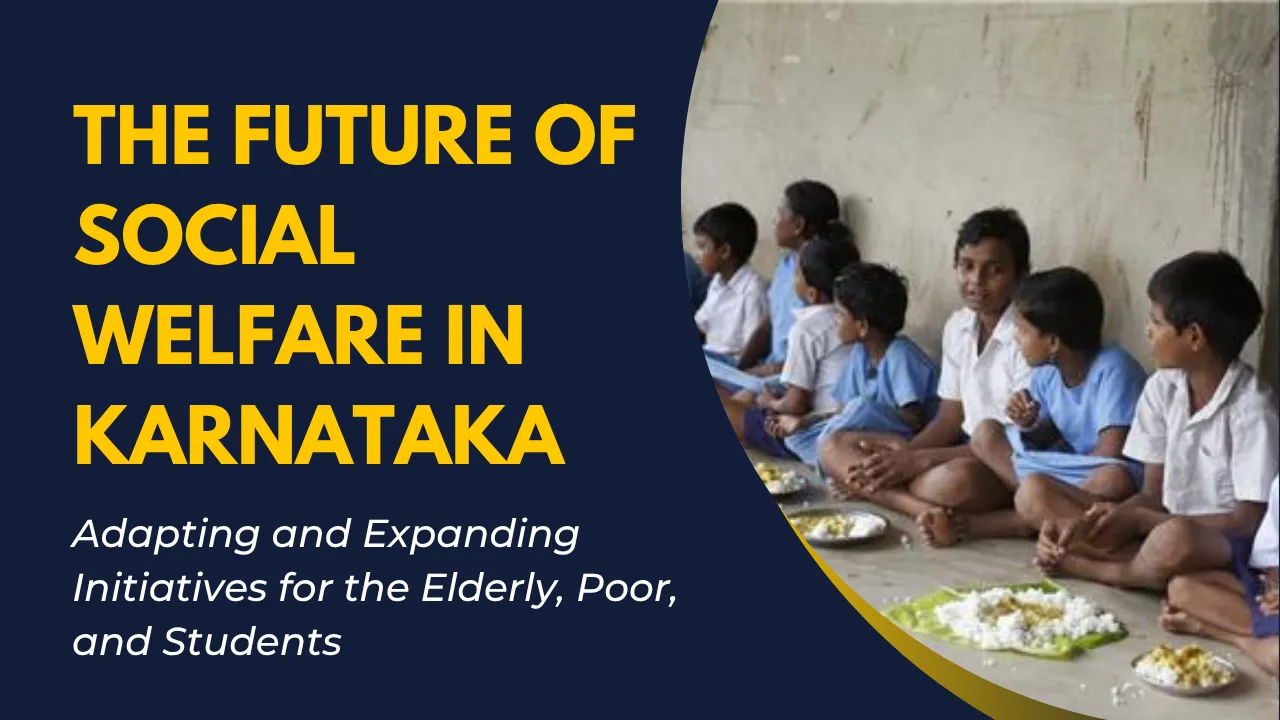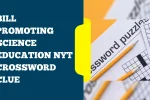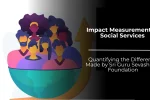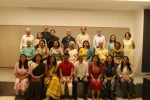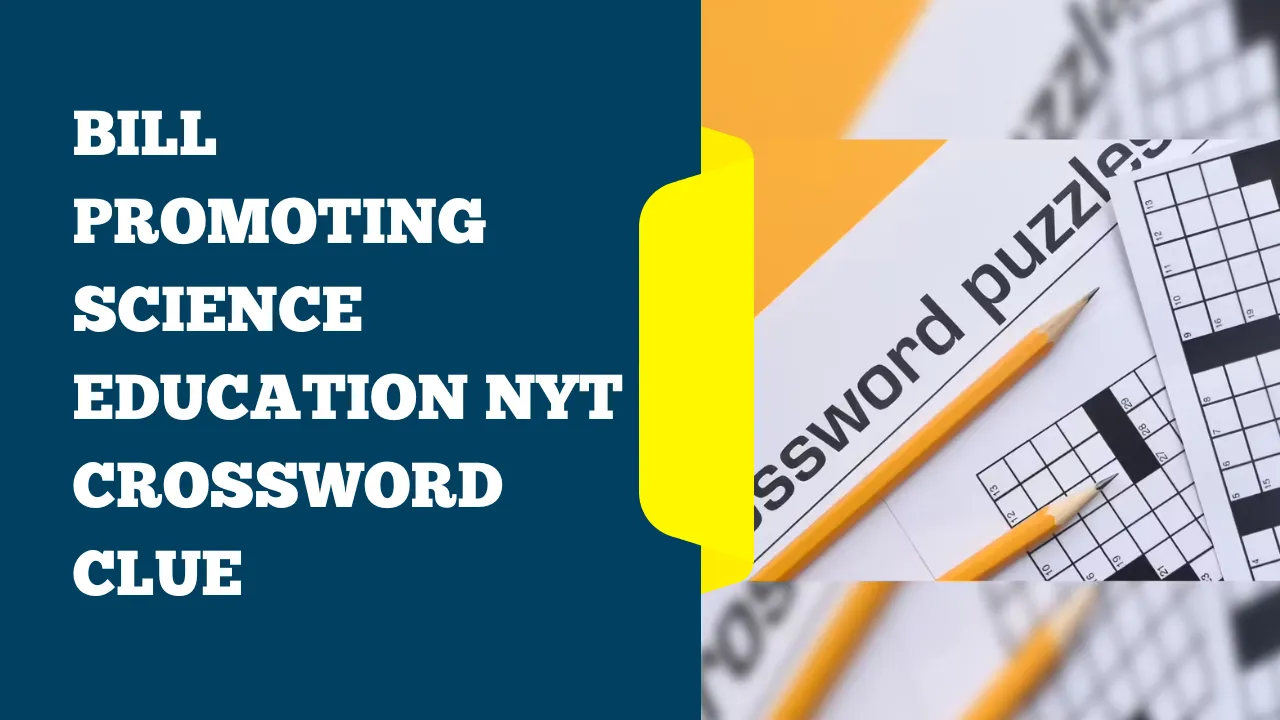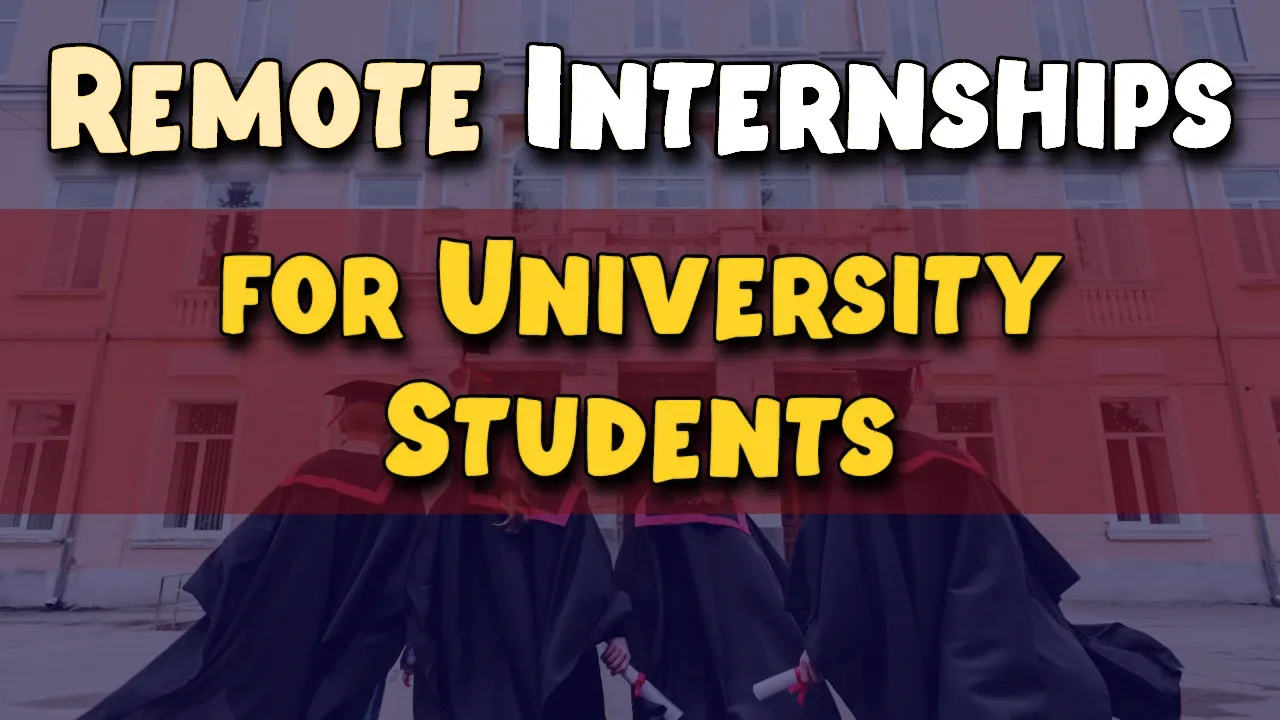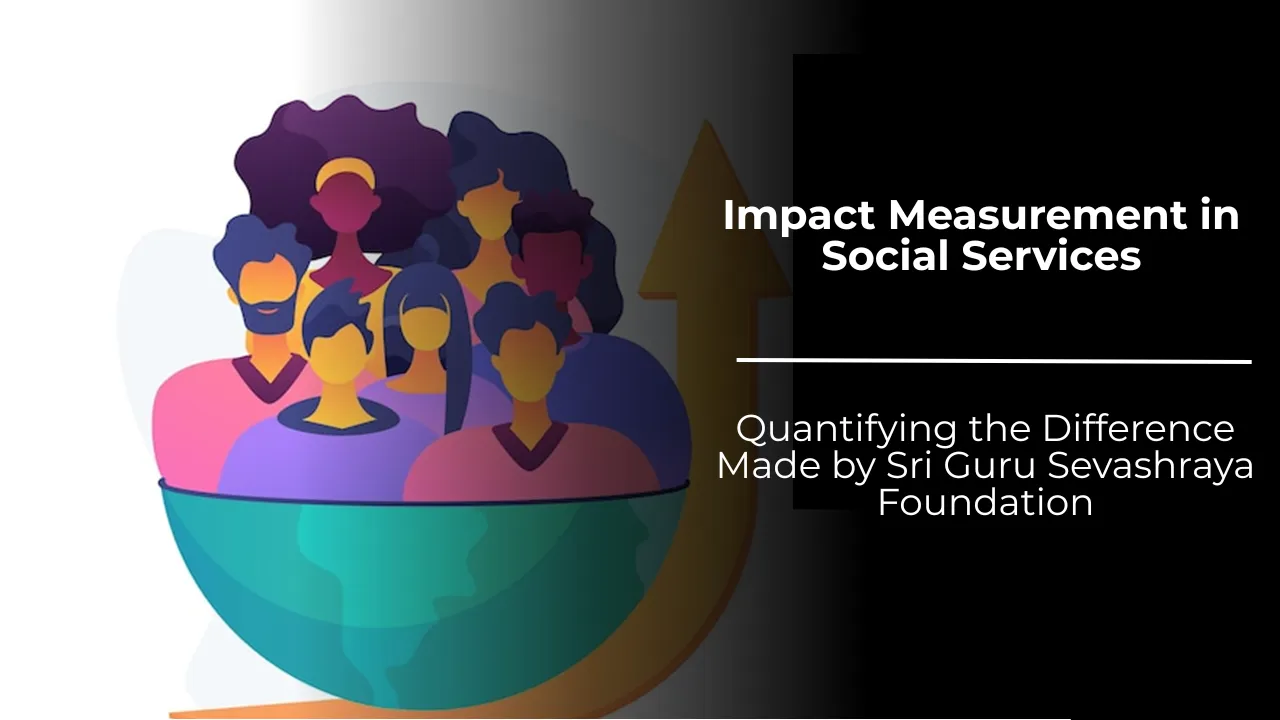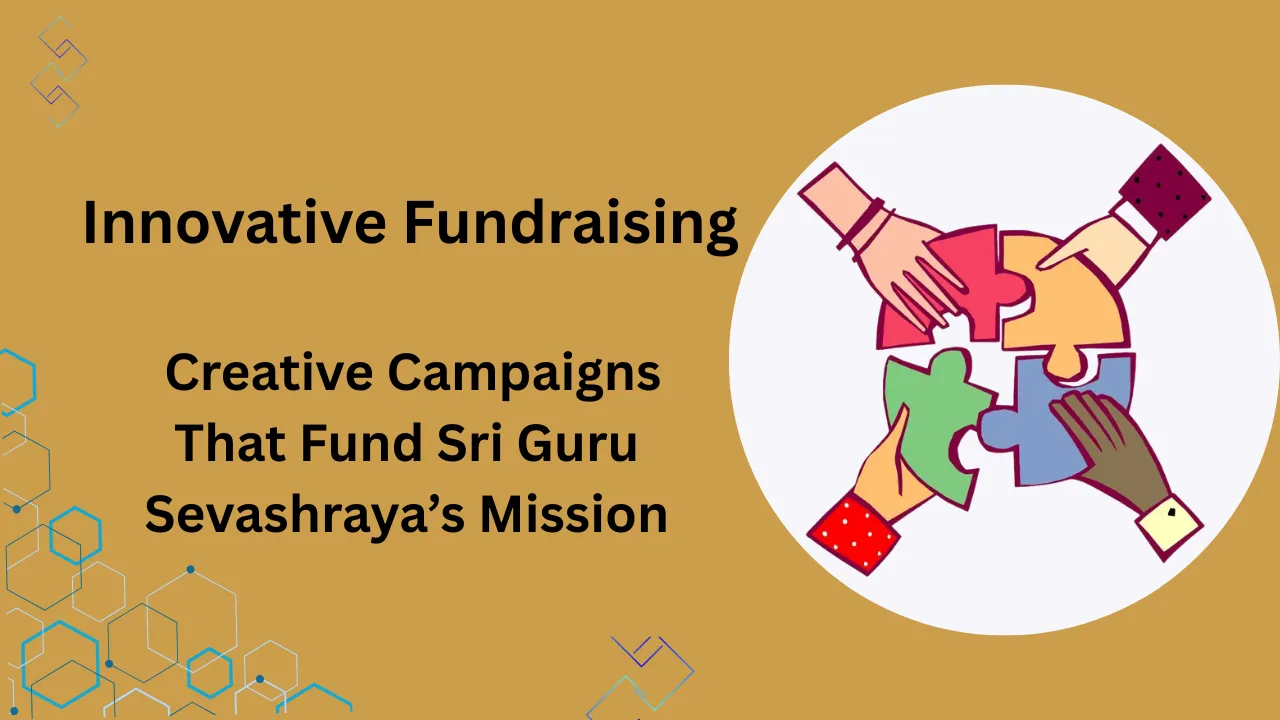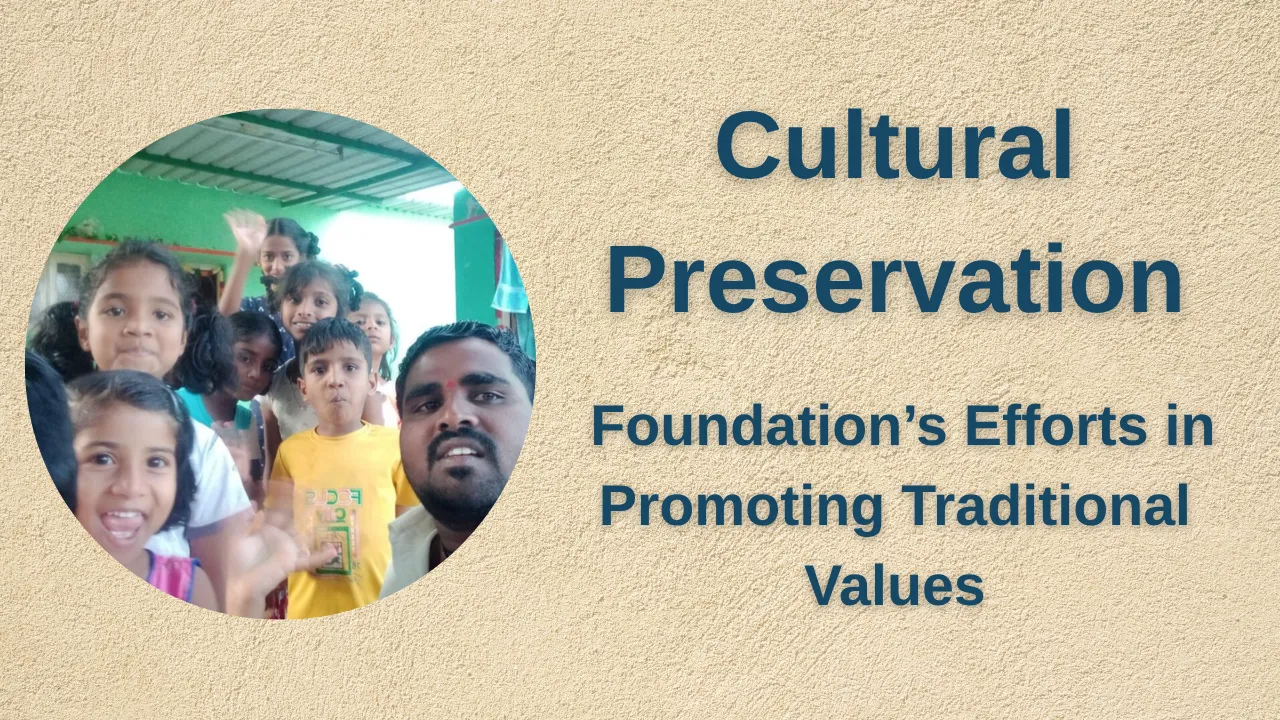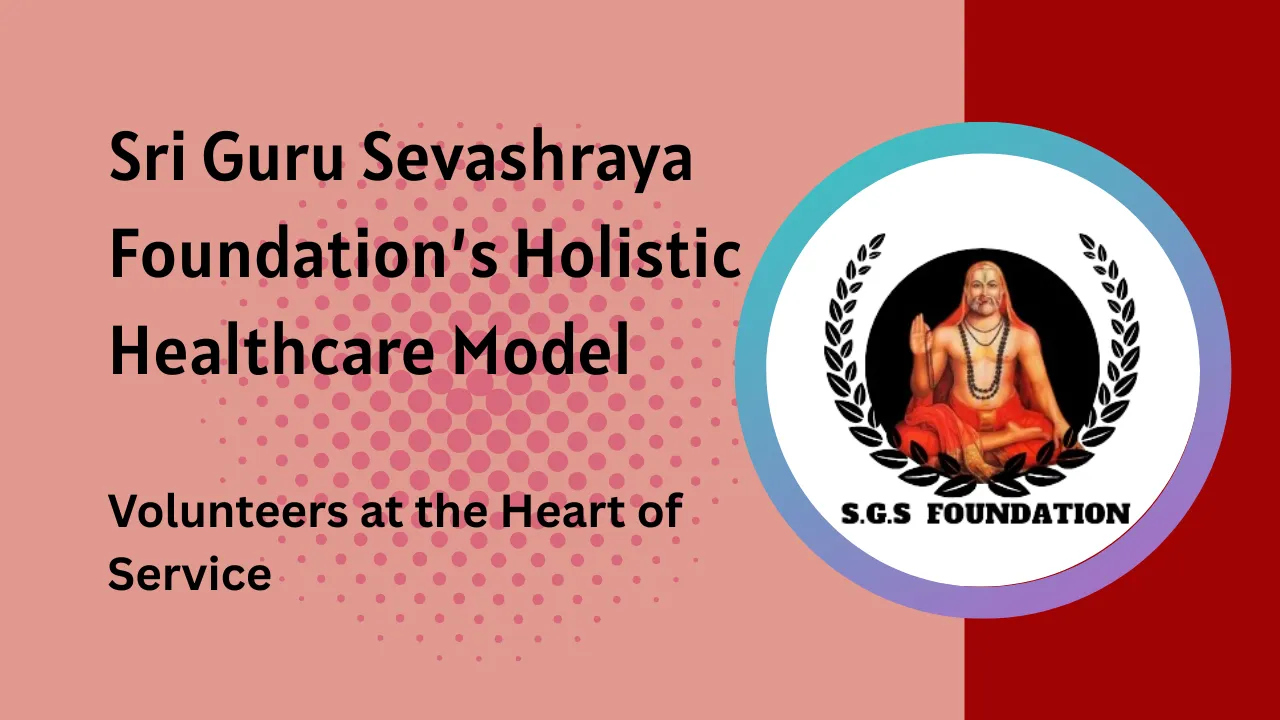Social Welfare in Karnataka: The social welfare landscape in Karnataka stands at a critical juncture. Rapid urban growth and technological strides abound in cities like Bangalore, yet the lives of those on the margins—elderly individuals, people living in poverty, and rural students—often remain untouched by prosperity. Grassroots organizations face the dual challenge of bridging this gap and future-proofing their efforts, ensuring care, access, and opportunity reach every corner of the state.
Social Welfare in Karnataka demands more than traditional aid models—it requires innovation, inclusion, and integration. For NGOs like the Sri Guru Sevashraya Foundation (SGSF), which has deep roots in Bengaluru and surrounding rural areas, adapting to changing needs and scaling thoughtfully has never been more essential. Their journey offers critical insights into the future of grassroots social impact.
Social Welfare in Karnataka
Karnataka’s social welfare system is at a turning point, facing the need to evolve with its growing and diverse population. As the state experiences economic progress, the gap in access to essential services remains stark, particularly among the elderly, poor households, and students in rural areas. These groups have unique needs—ranging from healthcare and elder care to quality education and sustainable livelihoods. Addressing these requires more than government aid; it demands innovative collaboration between NGOs, private partners, and local authorities. By focusing on inclusion, dignity, and long-term empowerment, Karnataka can build a future where development reaches everyone. Strengthening social welfare in Karnataka is not just necessary—it’s the foundation for equitable, sustainable growth.
Overview Table: Key Areas for Social Welfare in Karnataka
| Focus Area | Current Challenge | Strategic Opportunity |
| Elderly Care | Loneliness, chronic illness, insufficient geriatric services | Geriatric partnerships, active elder programs, abuse awareness |
| Rural Poverty | Informal income, unreliable welfare access | Vocational training, SHGs, public-private welfare interfaces |
| Education | Digital divide, academic quality, mental health pressures | E‑learning hubs, teacher training, student counseling, career support |
| Funding & Outreach | Limited funding diversity, weak impact data | CSR partnerships, crowdfunding, social enterprises, outcome-driven metrics |
The Greying Population: A Call for Dignified Elder Care
Karnataka’s societal shift toward an aging demographic makes elder welfare a pressing issue. As traditional family structures wane and migration rises, many seniors face social isolation and inadequate care. Chronic ailments compound their vulnerability.
SGSF has stepped up with its ashram and outreach services, but expanding into specialist geriatric care would enable targeted support—like physio services and elder counseling. What’s more, engaging healthier, more active seniors as mentors or volunteers not only empowers them but integrates elder care into community life. Raising awareness about elder abuse within rural outreach would further protect this demographic.
Persistent Rural Poverty: From Aid to Economic Empowerment
Rural poverty in Karnataka is fuelled by informal economies and exposure to shocks. Without insurance or social safety nets, households teeter on the brink.
SGSF can build on its support for students and elderly care by offering vocational programs tailored to rural markets—e.g., tailoring, digital literacy, sustainable agriculture—linked with microfinance or self-help groups (SHGs). Such pathways offer long-term economic resilience.
Educational Gaps in a Digital Age
Despite Karnataka’s reputation as India’s tech hub, many rural students lack access to digital tools and quality education. Without connectivity and skilled teachers, they fall behind their urban peers—leaving them unprepared for the future.
SGSF could set up community learning centres with e-learning modules and internet access. Collaborations with educational nonprofits, teacher training programs, and mental health professionals could amplify support in areas such as career guidance and emotional well-being.
Seizing Opportunities with Technology and Partnerships
- Digital Health for Rural Communities
Telemedicine consultations during SGSF’s health camps can bridge distance barriers. Maintaining electronic medical records would ensure consistent patient care. - E‑Learning Enhancements
Partnering with ed-tech platforms or universities to develop localized educational content and hybrid learning models helps address the digital gap and enhance existing school support. - Crowdfunding & CSR Engagement
Social media campaigns and online platforms, along with transparent reporting, could attract corporate CSR investments. Collaborations with Bangalore-based firms for digital or health-related infrastructure amplify impact. - Policy Integration & Institutional Collaboration
Acting as a facilitator, SGSF can help rural families access state welfare schemes—like pensions or scholarships—by guiding them through bureaucratic processes. Collaborations with local government bodies can scale interventions, such as linking school drop-out prevention programs to state schemes.
Expanding Beyond Relief: Skill, Autonomy, and Economic Well‑Being
To break cycles of poverty, SGSF can expand its footprint:
- Vocational Training: Skills in tailoring, digital literacy, or agri-tech tailored to local demand.
- Micro-Enterprise Enablement: Support for SHGs or microbusinesses; bridging access to formal credit.
- Career-Linkage Programs: Partner with training institutes to offer apprenticeships and placements.
Adapting for Elderly Needs in a Changing Karnataka
A growing elderly population demands specialized support:
- Geriatric Care & Support: Incorporate physiotherapy, counseling, and chronic illness management.
- Engaging Seniors: Involve active elderly individuals as mentors, volunteers, or storytellers within the ashram and in schools.
- Protection Initiatives: Set up elder abuse awareness training and legal help for vulnerable individuals.
Charting SGSF’s Strategic Path Forward
SGSF can strengthen its role and capacity by:
- Focusing Strategic Growth
Deepening programs where effectiveness is proven, while entering new regions based on need—not ambition. - Building Impact Data Profiles
Deploying outcome metrics (e.g., improved literacy, healthier seniors, family income growth) builds transparency and makes stronger cases for funding. - Diversifying Revenue Streams
Beyond donations: corporate partnerships, crowdfunding, and self-sustaining social enterprises (like marketable handicrafts from trainees). - Empowering Staff & Volunteers
Regular training builds program quality; local community leaders become program champions. - Community-Level Advocacy
With grassroots insight, SGSF can voice needs and contribute to policy-making—ensuring welfare programs at village and state levels remain responsive.
Final Thoughts: Toward a Resilient Karnataka
The social welfare horizon in Karnataka is not just a challenge—it’s an opportunity to innovate. As traditional support systems shift, NGOs like SGSF stand ready to adapt—blending compassion with technology, relief with empowerment, and local sensitivity with broader impact.
By investing in elder dignity, student opportunity, and economic self-sufficiency, SGSF and similar local players can reshape futures across the state.
Call to Action
If you’re passionate about a future where no child, elder, or family is left behind in Karnataka, now is the time to act. Support SGSF by:
- Volunteering your expertise in digital learning, elder care, or counseling
- Empowering others through active fundraising or sharing this article
- Partnering with SGSF for CSR projects, technology-driven solutions, or healthcare networks
Together, we can build a Karnataka defined by care, opportunity, and inclusive growth.
